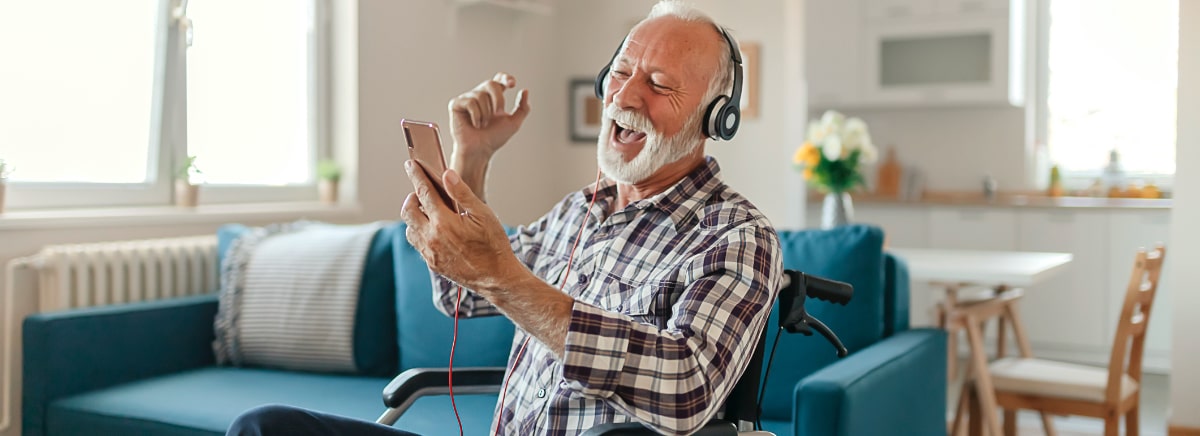Taking a short nap each day has shown to have multiple health benefits including better heart health, better emotional health and even better sleep. If your parent is finding it hard to have the energy to get through her day, you might want to suggest a daily nap to get her that extra little boost to enjoy a fully functioning day.
While it may seem the science of napping is pretty basic – close your eyes and go to sleep – there are some steps that may be beneficial to ensuring your parent has an effective nap that doesn’t cause more harm than good. Let’s look at some of the ways you can help your parent have a restorative nap each day she needs it.
Set Up a Routine Place to Nap
While your parent can nap in her bed, you might want to help her to find a good place to nap that isn’t her bed, so her mind won’t confuse the purpose of the bed, which is to have a long-night’s sleep. Finding a comfortable couch or even reclining chair with blankets and pillows may be just the spot for a short nap.
Set Up a Timer
When your parent begins napping, you don’t want her to nap too long. Napping too long creates sleep inertia, that grogginess that can be hard to shake after a long nap. Most daytime naps should be under 30 minutes so have your parent or her elder care provider set a timer or alarm to wake her up after she’s been napping for 30 minutes. After forming the habit of a short nap, she may be able to then regulate the time herself without a timer or alarm.
Create a Napping Environment
What does your parent need to help her nap? A darkened room (but not complete darkness) may help her body tune into it’s time for nap. She might want to draw the curtains or turn off the lights to create the right light for a nap. She could also use an eye mask if that helps to block out the daylight.
Lessen Interruptions
Nap time should be able to take place without an interruption. Make sure any appointments are not scheduled during her nap time, such as mail delivery or a visit from her elder care provider. Have your parent turn off her phone and maybe put on some white noise to block out the noises of the busy world outside her window. Calming music lightly played in the background may also help her body relax and be ready for a nap.
Plan it for the Right Time of Day
Depending on your parent’s sleep schedule, the most beneficial naps take place at least 6-8 hours before your parent plans to go to bed for the night. Naps that are taken too close to bedtime tend to interfere with the napper’s ability to fall asleep at night.
Napping is a lost art in the middle stages of life. Having your parent pick up this ritual again may be just what she needs to feel better and have more energy every day.
If you or an aging loved one is considering elder care in Lone Tree, CO, please contact the caring staff at SYNERGY HomeCare today at 303-953-9924.

